There is a lot going on in Darren Aronofsky’s new film mother! Some have called it the worst movie of the year, some even claim the century. Yet others have called it truly breathtaking and a creative masterpiece. It is a very polarizing film. Upon first viewing in theaters, I was sold. I couldn’t stop talking about it and thinking about it. Since then it has earned the worst audience score of an F, and been nominated for several Razzies. So why am I “wasting my time” looking at this film that statistically speaking most people will not watch?
There are so many religious messages that I can’t pass it up. It is available on Blu-Ray and streaming now, but I will warn you that this is a film made for one time purposeful viewing. It will stick with you and may haunt you. Beware that there is violent and disturbing imagery and foul language. I believe it is all meant to serve a purpose and it points to a creation, fall, redemption, restoration process that we see in scripture. This is through the eyes of an agnostic at best so it is not at all a perfect or complete picture, but we can clearly see what Aronofsky thinks of this God and his followers through his creation.
I can’t wholeheartedly recommend this film. It is a very difficult watch. But to serve any purpose I must dive deeper in discussion of the story that the film presents. To look at it from the surface it is just torture porn wrapped in religiosity, but if we will take time to go deeper, we can glean some tremendous insights. This is my last warning. Massive spoilers ahead! If you are up to it, let’s dive in.
The film opens with a woman on fire. Afterwards, we see a beautiful crystal being placed on a pedestal. This action and the smile of the creator causes the restoration of a darkened and destroyed house. Right off the bat, we know that this is not going to be any kind of straightforward narrative.
We see Jennifer Lawrence wake up and reach for her husband who is missing from the bed. She goes searching for him and we soon learn that she is tirelessly restoring the house out of her love for her husband. Her husband is a creator, a poet specifically. He is suffering from writer’s block, but they have a peaceful existence in their home. We never learn anyone’s name in this film so I will simply refer to them throughout by their role.
Immediately, we are presented with a problematic start. Some believe that our earth was created by God from the ashes of other previous creations. Were there previous attempts by God at creation before he created Earth? Were other Adams and Eves who did not turn out the way he intended so he was forced to start over? This is not the picture of the careful and perfect creation of our God.
Moving on in the film, a stranger (Ed Harris) shows up at their garden home and it is soon revealed that he is an admirer of the poet. Mother does not care from him from the beginning because he is smoking and is taking her poet’s attention away from the perfect relationship that he had with her. I will call this character Adam since we don’t get a name. Adam comes and walks with the creator in the garden. The biblical imagery could not get any thicker.
In reality, Adam was no surprise and he did not disturb the peace and perfection of the garden. He existed in harmony with nature and enjoyed the fruit of the garden and had communion with God. At this point, we have to wonder who Jennifer Lawrence is in this story. If we are drawing a biblical analogy, there is no one else in the garden with Adam and God except for the garden itself. In fact, Jennifer Lawrence’s character and the house can be seen in multiple ways throughout this film, Mother Earth and creation itself, The Jewish nation and the temple, The Virgin Mary. She is a fluid creative tool and the metaphor shifts throughout.
Adam appears to be sick and the stays up seemingly all night with the poet. At one point we get a glimpse of a wound that is on his rib cage. This allusion to God’s creation of Eve from a rib of Adam is invoked and the following morning, Adam’s wife arrives, played expertly by Michelle Pfeiffer. She brings the chaos of sin as she is equal parts Eve and the serpent. Eve seems drawn to the aforementioned crystal on the pedestal in the creator’s study. It is very important to the creator and he tells them not to touch it. I bet you know where this is going next. They come back into the study after he leaves and they not only touch the crystal but it shatters on the floor. This causes great anger and sorrow on the part of the creator and their sin causes them to be cast out of the creator’s private chamber.
One plot device that many have had trouble finding an allegorical reference to is the yellow powder that mother seems to use as a pain medication. After she gets angry over someone’s rudeness or a sin has been committed, she will retreat to the bathroom and pour a little of this bright yellow powder into a glass of water and then will drink the resulting neon Gatorade. I see this as a stand in for the Jewish sacrificial system, perhaps in that moment Mother stands in as a symbol of God’s wrath and this sacrifice appeases him and keeps her from going full rage and acting out the justice that is deserved in those moments.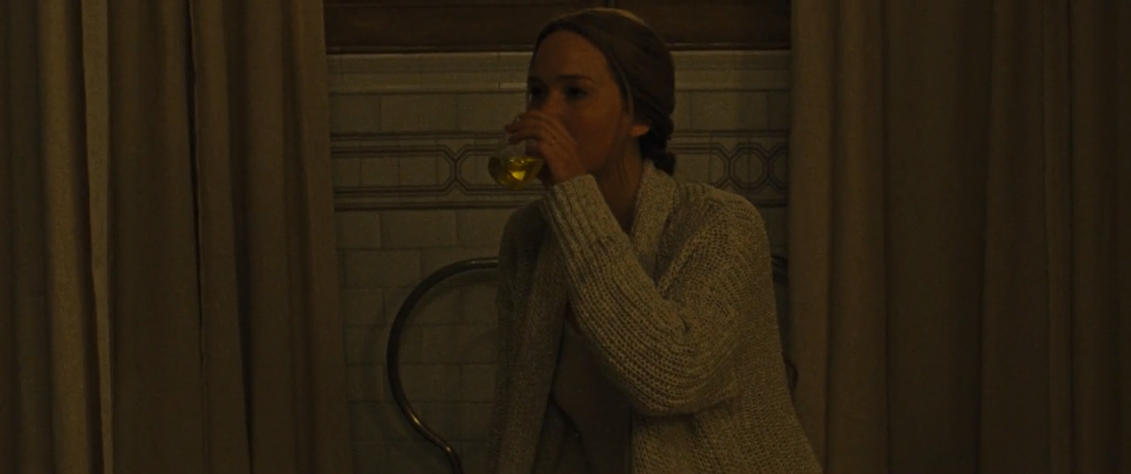 Soon after this initial problem with Adam and Eve, two sons (played by actual brothers Domhnall and Brendan Gleeson) arrive and begin to fight with their parents. It is a bit chaotic, but it sounds to me like one is claiming that he is not loved or favored by his parents. The angry son lashes out and kills his brother shedding the first blood. This blood soaked spot cries out from the ground throughout the film. As in the biblical story, that first death taints everything that is to come.
Soon after this initial problem with Adam and Eve, two sons (played by actual brothers Domhnall and Brendan Gleeson) arrive and begin to fight with their parents. It is a bit chaotic, but it sounds to me like one is claiming that he is not loved or favored by his parents. The angry son lashes out and kills his brother shedding the first blood. This blood soaked spot cries out from the ground throughout the film. As in the biblical story, that first death taints everything that is to come.
Mourners and rude party guests infiltrate the house after the son’s passing. They are oblivious to Mother not even realizing that she is the caretaker of the house. Some people start painting against her wishes and there is a sink that people continuously sit on which is not braced. She warns the people over and over that they should not sit there and eventually things get so out of hand that a couple begins jumping on this sink claiming that they know better. As you might guess, there is a flood as the sink breaks free from the wall and all are cast out and the mother is once again alone with her creator.
During this brief alone time, the creator conceives a child with mother. This sparks a creative burst in the creator and he pens a poem which gains great notoriety. Soon he is rocketed into fame and we see that his new admirers become a threat to his relationship with the mother. Throughout this whole ensuing ordeal with the poet’s followers, Mother is in the late stages of her pregnancy and we even begin to see her suffering labor pains.
Worshipers are shown to be misguided and superstitious. They use the words of the poet and twist them to allow them to behave rudely. Stealing things from the house and saying, “I have to have something of his,” or “share freely as the poet has said.” All the while Mother looks to the creator for condemnation of these actions but he is either preoccupied with the attention he is receiving, is forgiving and excusing their behavior, or is absent altogether.
I believe this is an attempt at showing the grace, love, and forbearance of God. However, it sacrifices his justice and judgement to show it. The God of the Bible is not soft on sin or evildoers. Grace is given or else none would be able to stand because all have sinned and fall short of his glory, but the ultimate justice of God is minimized and almost eliminated completely. This makes God out to be a weakling so we are looking for his justice and although mother is clamoring for it, she does not get it.
The sins of the worshipers cause untold destruction of the house and pain to the Mother. There are rival factions warring in the house. Unspeakable atrocities are committed in the name of the poet. People are imprisoned and tortured by those who once worshiped the poet and his words. Through it all, the mother watched these horrors and carried their child. I think is important to reference the handful of time that childbirth or birth pains are referenced in the New Testament. They are primarily used to refer to our waiting for our final redemption and restoration at the end of days. We know that the suffering we endure does not compare to the glory that will be revealed in us once God had brought our suffering full-term.
In due time, the mother gives birth to a son. Who didn’t see that one coming? Due to the poet’s refusal to rebuke or dispel the crowds who constantly vie for his affection, the mother distrusts the father and hesitates to hand him over. In this, I see the mother closest similarity to Mary. She has this perfect child and doesn’t want him to be taken away by the father. She is fearful of what will happen. However, in Mary, we see an obedient and trusting heart that knows the heart of her heavenly father. Mother in the film does not trust her husband for good reason.
After silence and waiting in a very intense staring contest, which honestly reminded me of the 400 years of silence from the last prophet until the New Testament, the father eventually steals away his son after the mother nods off from exhaustion and presents him to the crowd. This is the presentation of Jesus as a baby. There is rejoicing and gifts are given. But since this religious history is so sped up, we know that this joyous occasion is not going to last.
Back to its frenetic pace after a bit of respite, Mother chases after and realizes that her newly born son has been handed over to the crowd. She pleads with the crowd to put him down as they madly pass him over their heads shouting “hallelujah!” and “praise be!”
In the first of a series of three purposefully sickening and shocking scenes, we watch in horror along with mother as the neck of the baby breaks. The entire room grinds to a deafening silence as the memory of the first death echoes with this second death. Moments later we see the death turned into a worship service and a prophet speaks of his love crying out. As Mother turns again to face the crowd she sees them feasting on the body of her dead son in a twisted communion ceremony.
All of the allegory kind of goes off the rails at this point because the story stops with death. If I was telling this from a true Christian perspective, I would have had a man step out as mother was weeping and lift up her head to say why are you weeping? There could have at least been a touch of hope. But this is a film from a non-Christian by all understanding and this hope is lost on him.
Here the biblical imagery gives way to a more environmental message. We see the earth fed up with the destruction and it is pushing back with global warming, rising seas, and more. Instead of responding to the mother with penitence, sorrow, and change, instead we press deeper in with more and more severe destruction.
The mother’s horror and sorrow turns to blind rage as the film winds to its conclusion. The crowd turns its rage against mother and beat her within an inch of her life all while shouting vile slurs at her. This is the hardest part of the film to watch. It is violent, foul, and senseless. The imagery during this scene reminds me of the Passion of the Christ and the realistic and horrendous torture that Jesus endured. Mother in this moment almost bears the mantle of the son as she is stripped and beaten.
However, there is no resurrection, there is no second coming to look forward to in hope. This is a biblical story of Jesus which ends at the tomb. No wonder many Christians despise the message of the film. The message of the cross is foolishness without the hope of the empty tomb.
The creator steps in finally as the crowd is beating her and he weeps over the loss of his son. But he asks, “what if his death could change everything and everyone.” That is the ultimate question, the ultimate concept. However, this was no plan hatched out of writer’s block and sin, it was God’s loving purpose from time immemorial to offer up his perfect Son as a living sacrifice to change everything.
In the film the creator says to mother, “we must find a way to forgive them.” To which mother responds, “They butchered our son!” I took it as an accusation against those who are believers yet who do not value creation. Those who worship the creator yet do not value the creation that God has gifted them. Mother finally goes off the rails. The floor of the house cracks in two as she screams.
The creator pleads with her not to leave, but she goes down into the basement to the furnace and as she sets light to the whole place burning it to the ground she says, “You never loved me. You just loved how much I loved you. I gave you everything and you gave it all away.” After her body is consumed by the flames and she is almost gone, the creator carries her away. She asks, “What are you?” He responds, “I am I.” This is a reference to the burning bush which is not consumed and the voice that spoke to Moses saying “I am that I am.”
He takes her burned body into his study and explains that nothing she does would ever be enough. It can’t be or else he could not create. Then he explains that he must start all over again. He asks her to give him the one last thing that she has to give so he can start again. He reaches into her chest an pulls out her heart. It is burned and hardened but as he breaks it apart a diamond is revealed and as he places the perfect diamond on its pedestal the house is restored back to its former glory. In closing, we see another woman waking from her slumber and we know that everything is about to start all over again.
I know that there are those who have tried to meld the Judeo Christian tradition with Eastern Mysticism and the ideas of reincarnation. That is some of what we see in this closing, and we are not presented with hope but tremendous sorrow that all that has just come before us and indeed before that and all that is to come after is ultimately pointless. It is just an exercise in futility guided by the hands of an immature deity who sees these lives as nothing more than finger paints for him to smear about and once he has gotten all he can from them to send them off to the flames.
I hope if you have stuck with me this far you will hear my heart. This is not what the true God of the Bible looks or acts like. He is attentive and caring. He has guided every step of the way and although he did hand his son over to the crowd to be killed he did that so that we could live and would never have to face the flames. As Jesus went to the cross he took all of the filth and sin that had ever come before and all that would ever come after and bore it there. He died in our place so we could live at peace with the father. That is the true picture of redemption and restoration.
What did you think? Is there anything that I missed? Was this the worst movie of the century? I was impressed that it was even able to be made in a day like ours where it seems that every studio production is a sequel or a comic book film. Leave your thoughts below, or share with me on social media.
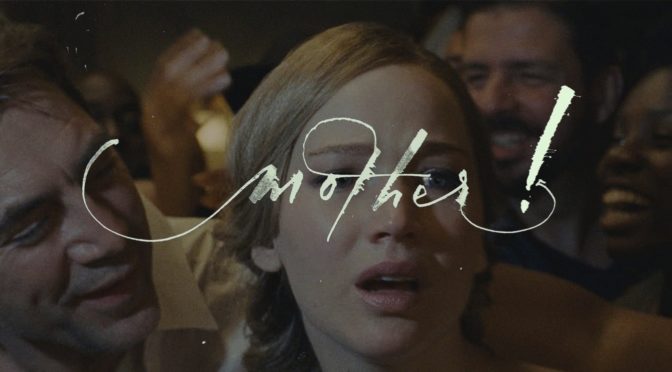
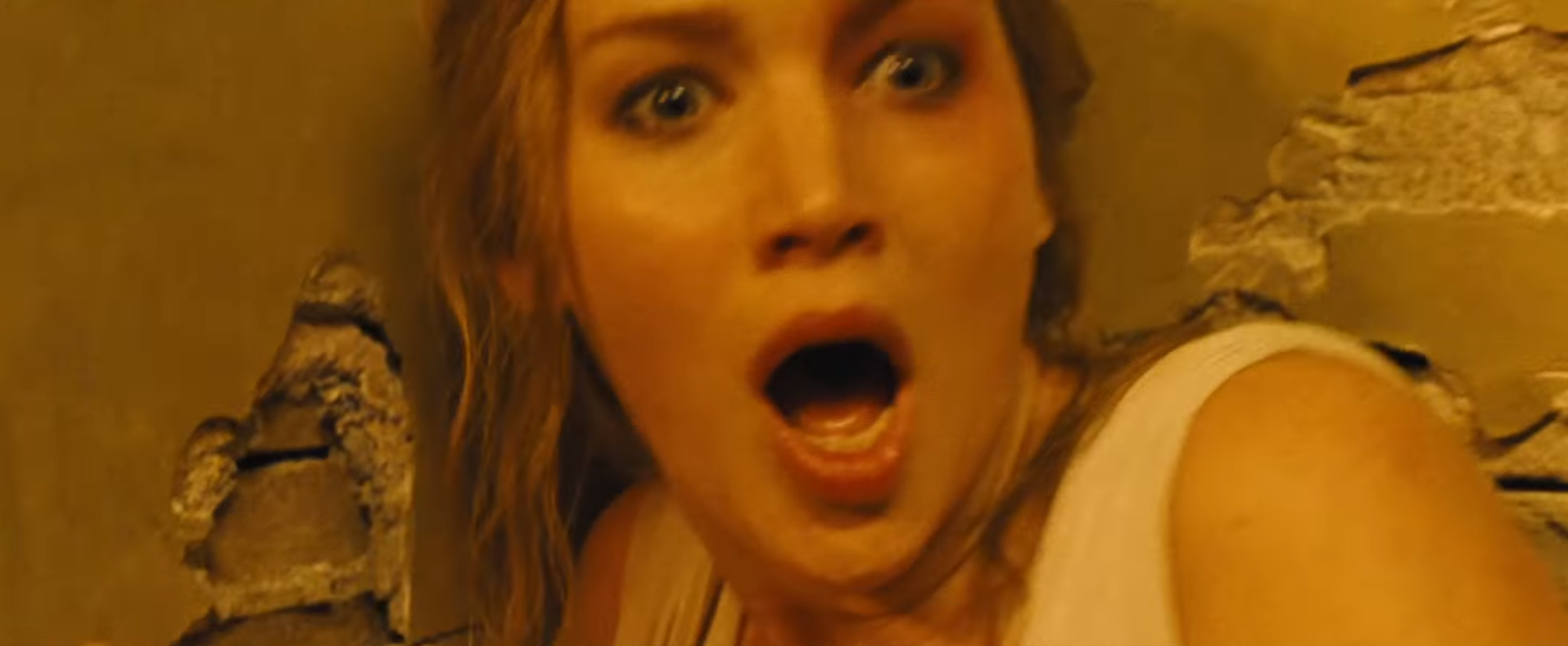
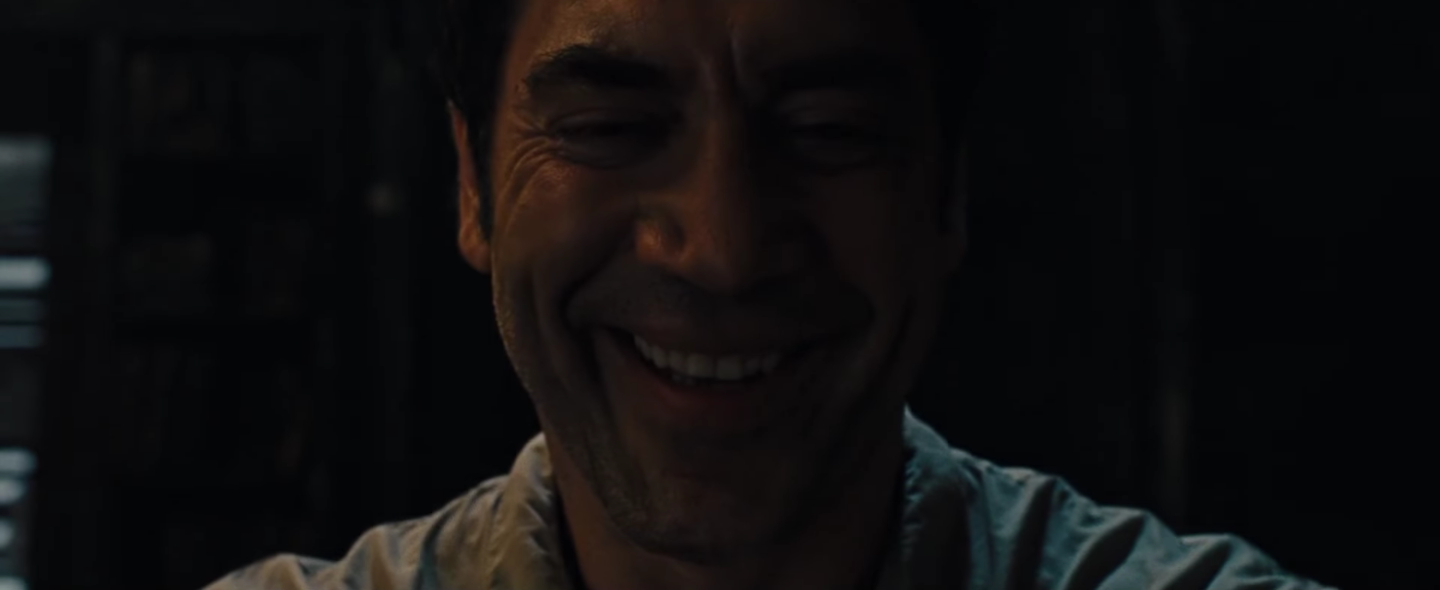
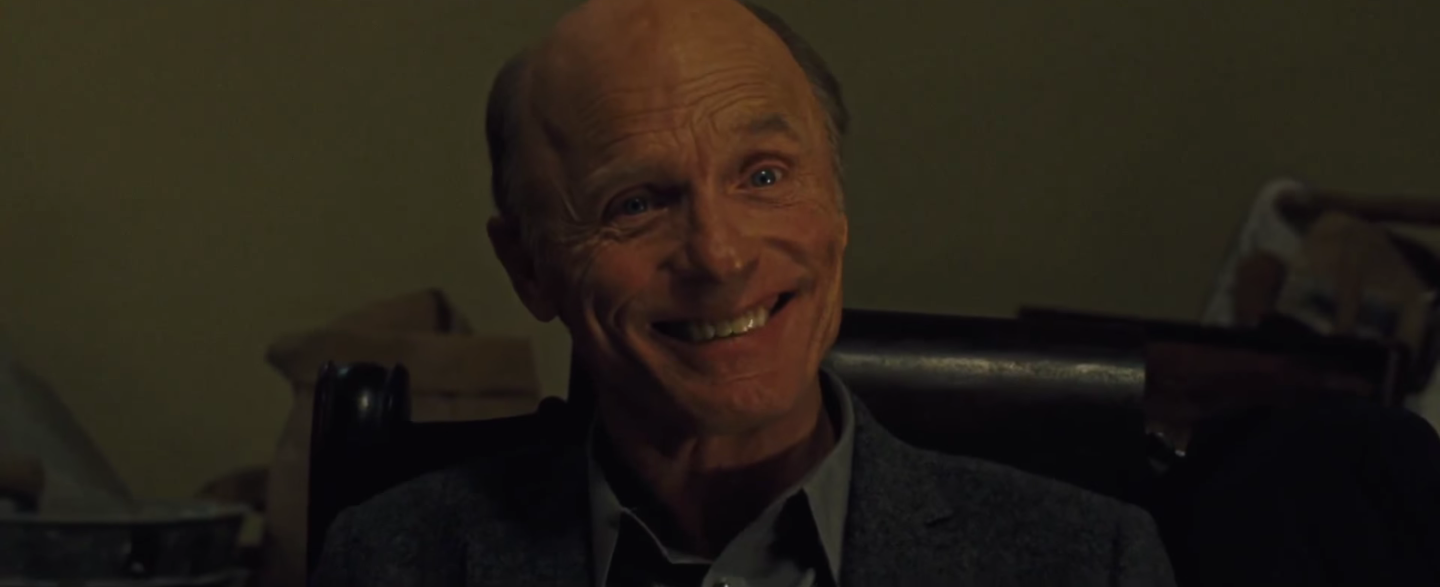
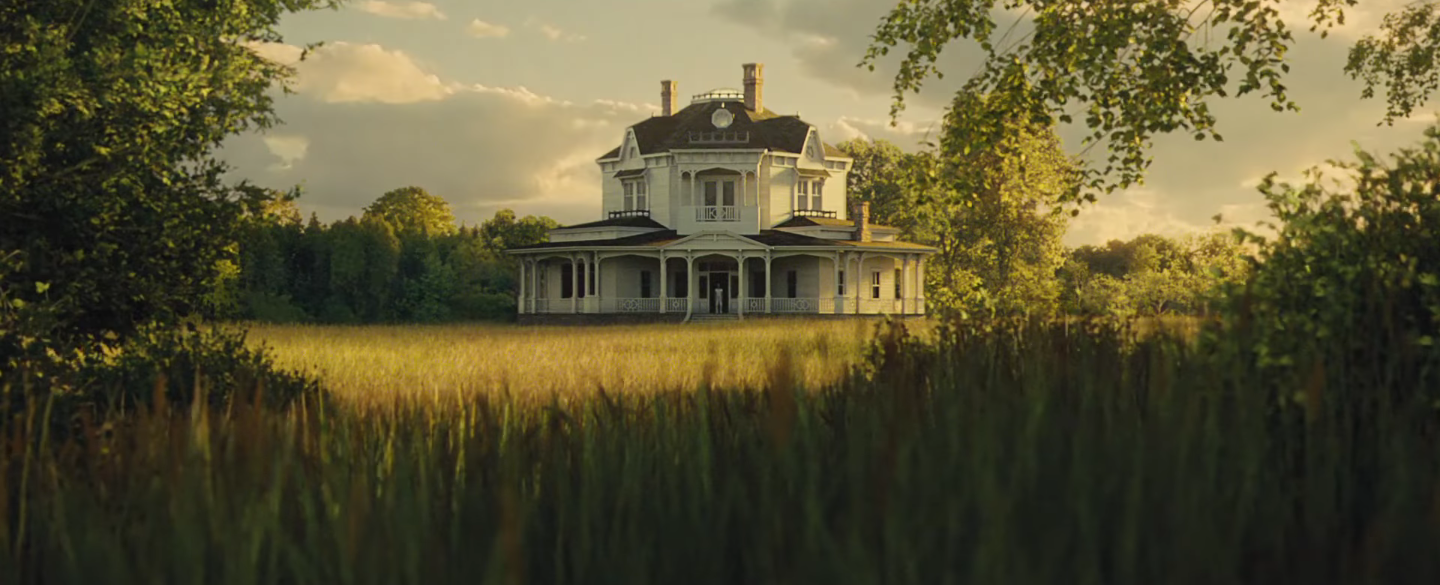
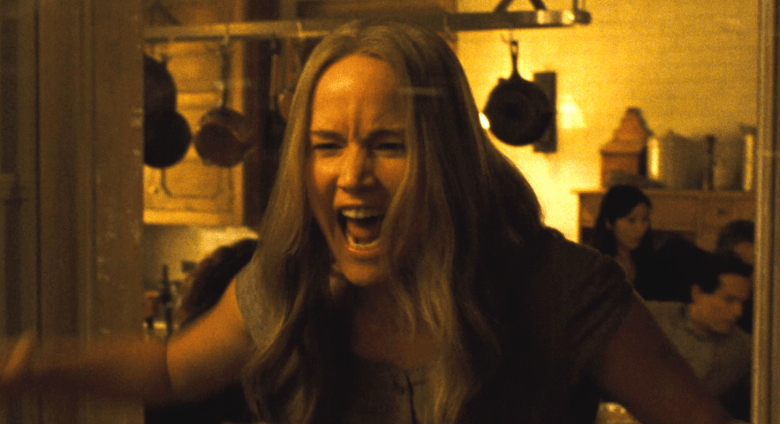
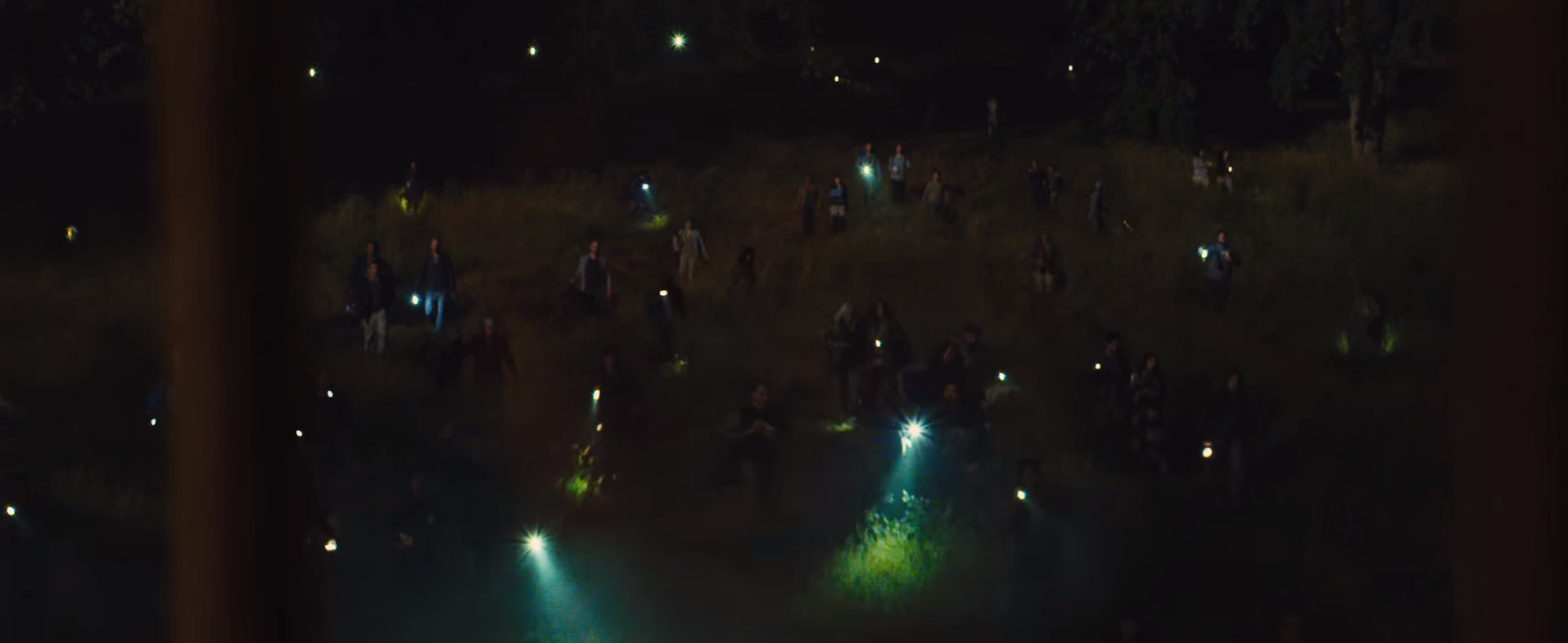
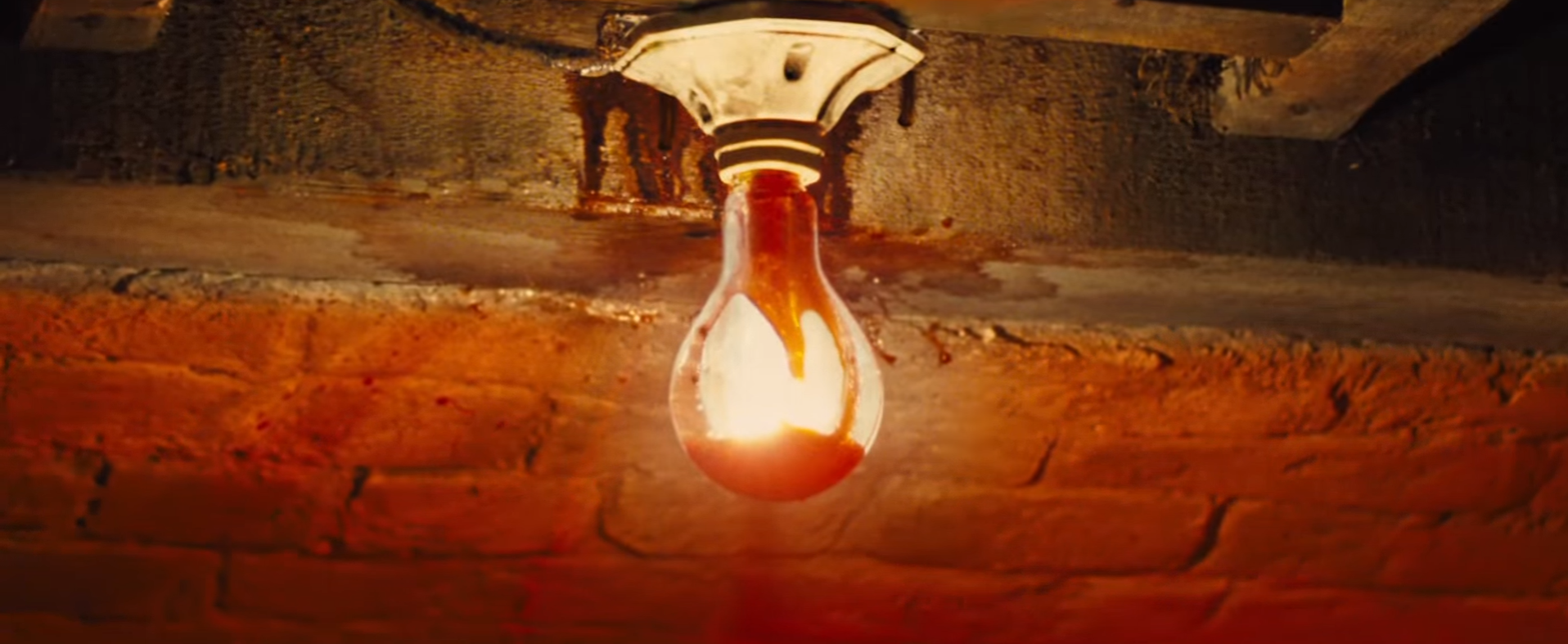
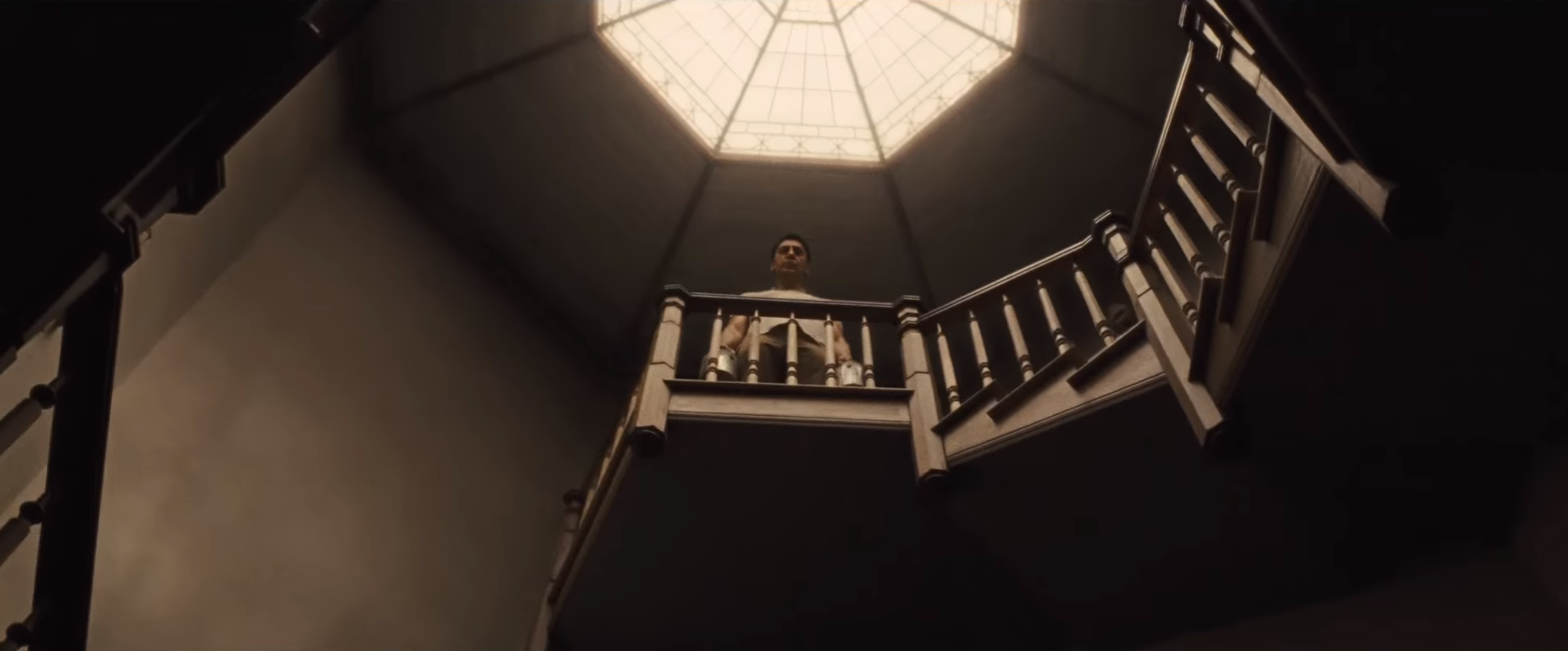
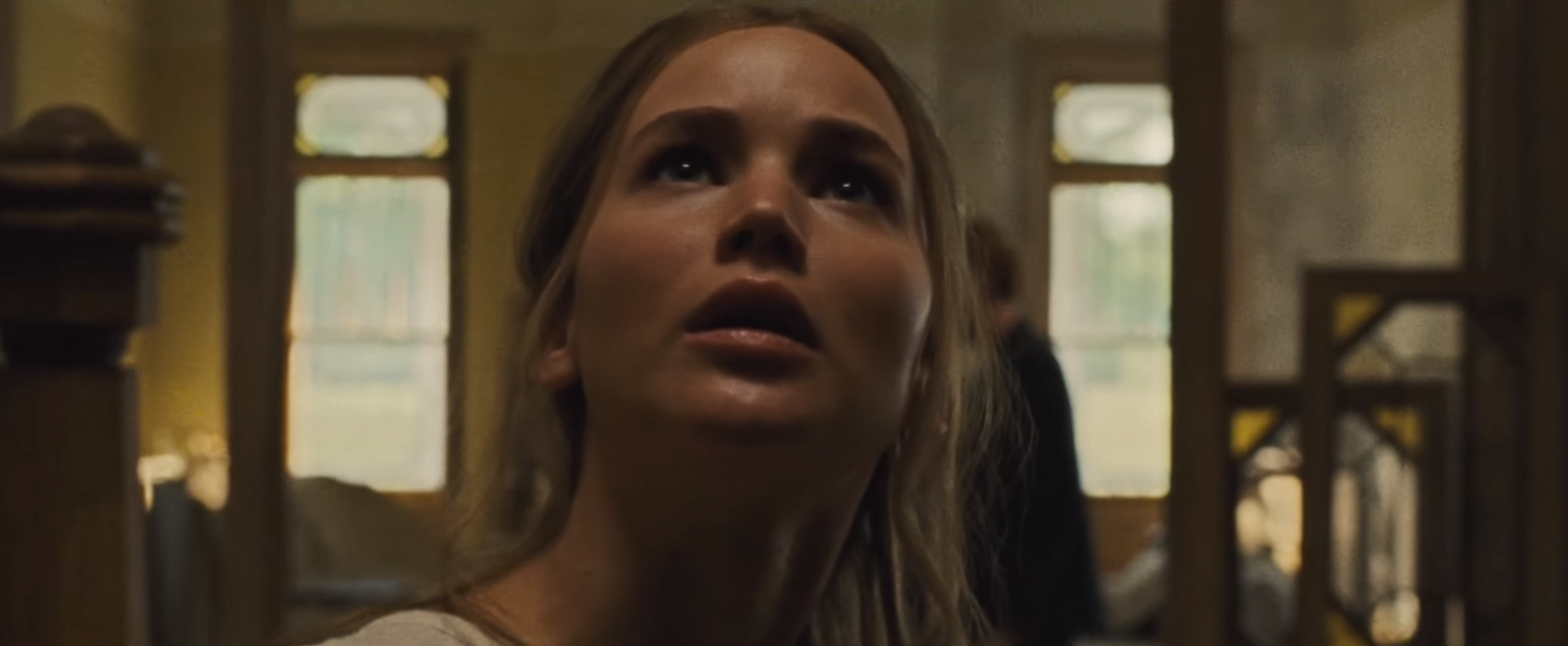
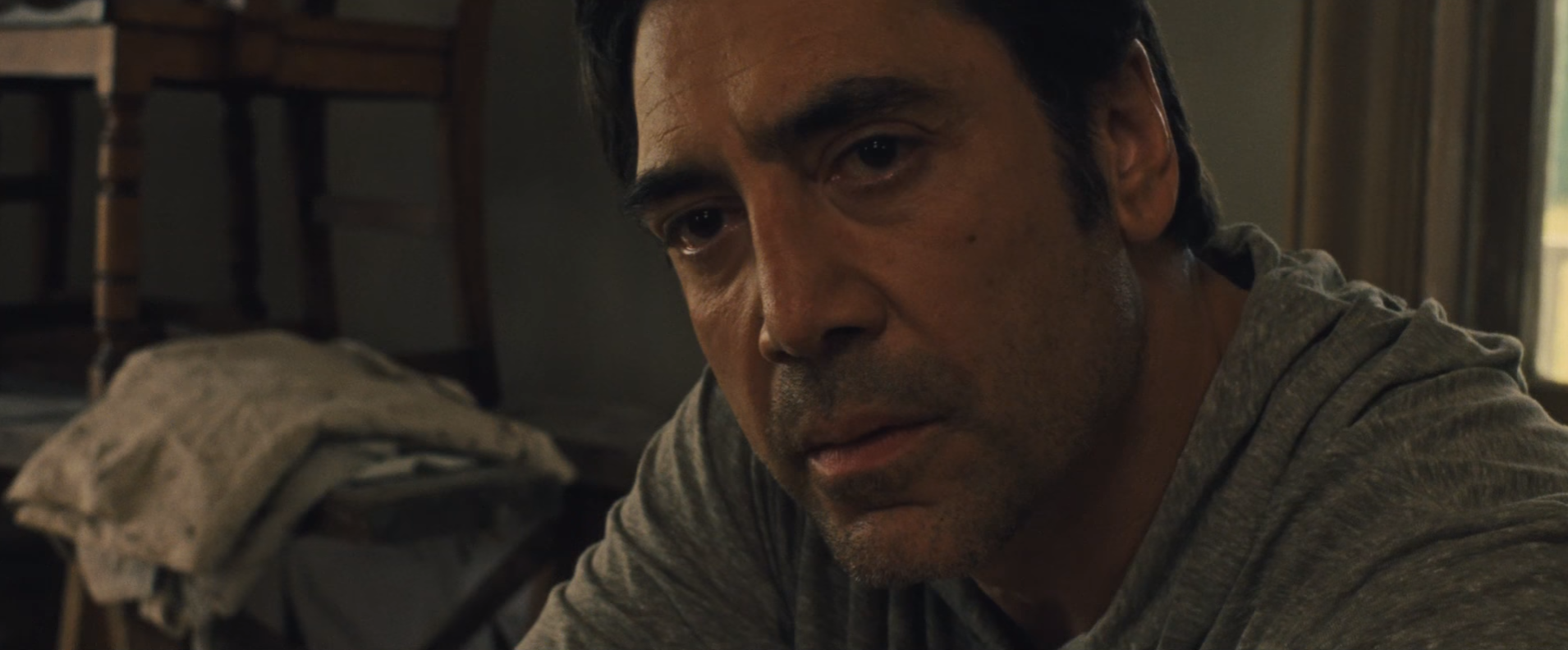
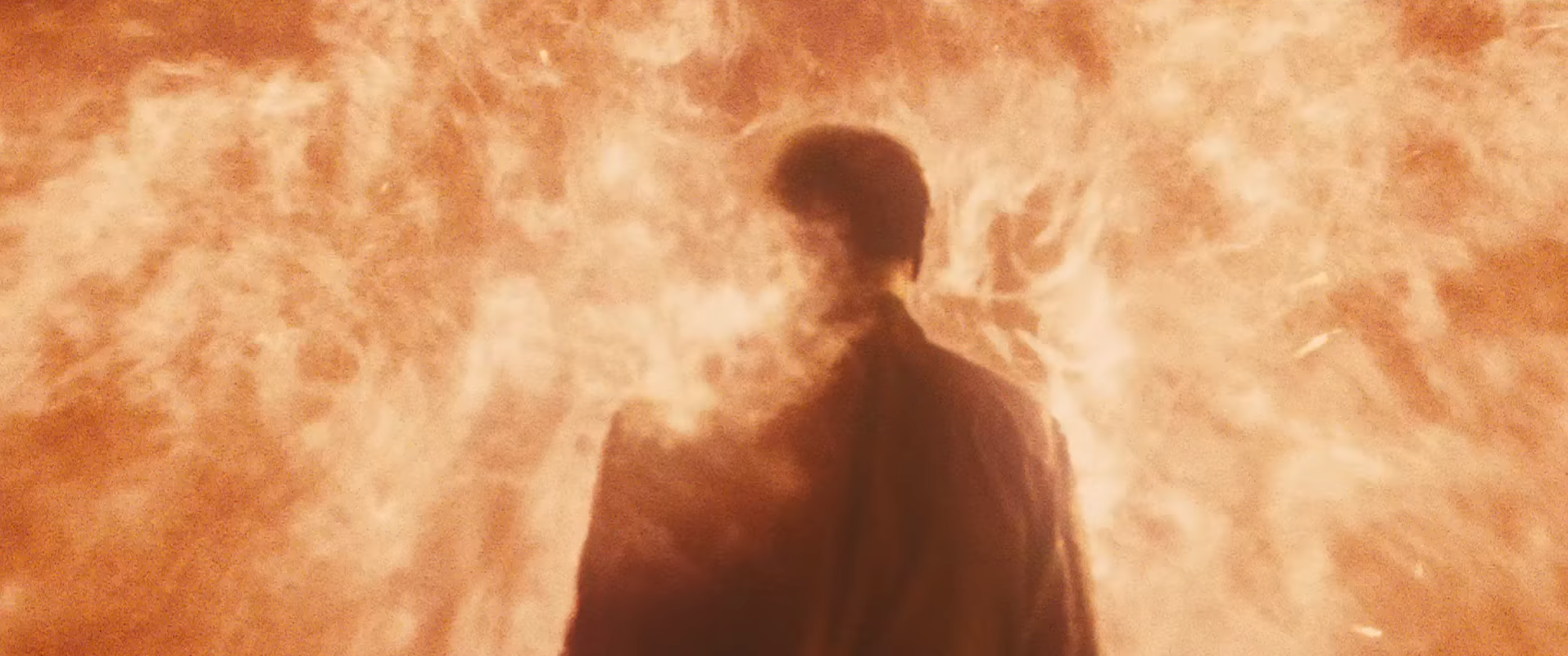
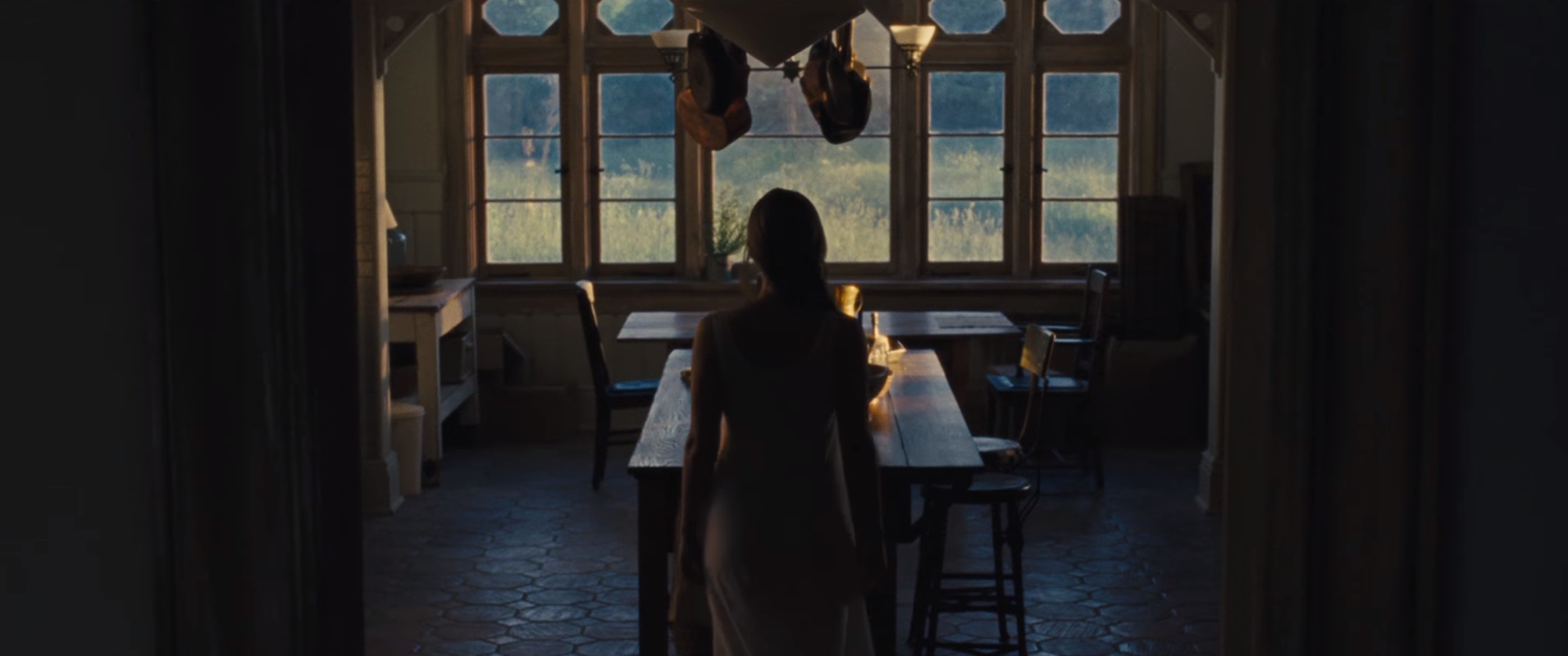
You ought to take part in a contest for one of the best websites on the web. I will highly recommend this website!